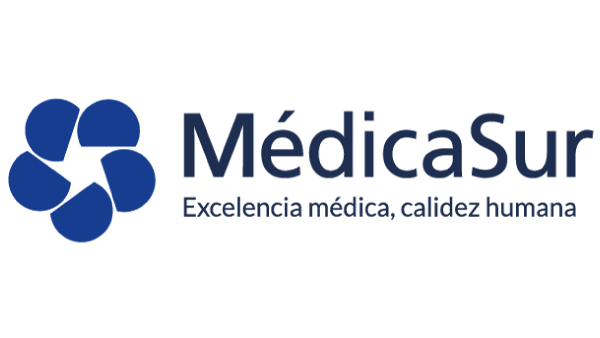With support of
November 14 to 17th, 2023.
HOTEL GALERÍA PLAZA SAN JERÓNIMO
Welcome to Mexico City!
The Mexican Society of Clinical Neurophysiology and the Latin American Chapter of the International Federation of Clinical Neurophysiology have the honor to invite you to the IX Congress of the Latin American Chapter (CLA) of the International Federation of Clinical Neurophysiology (IFCN) and the XXVIII Congress of the Mexican Society of Clinical Neurophysiology, to be held from November 14 to 17, 2023, at the Hotel Galería Plaza San Jerónimo, south of Mexico City.
After the experiences lived by the COVID 19 pandemic, today neurophysiologists from Latin America and other continents have the opportunity to attend, take advantage of and enjoy this great face-to-face scientific meeting with national and international professors of high academic level, sharing their current knowledge on the various topics of Clinical Neurophysiology, within an environment of multidirectional exchange of experiences and ideas, which improve our professional practice for our patients.
Mexico City offers you warm hospitality, historical and cultural richness to make this Congress an unforgettable experience.
I leave you a big hug and you’re all welcome in November!
Dr. Aidé Montante Montes de Oca
President of the Mexican Society of Clinical Neurophysiology
Educational goals
At the end of this Congress, attendees will be able to:
Explain the indications and uses of neurophysiological techniques in the diagnosis and treatment of disorders of the central and peripheral nervous system.
Recognize new procedures within Clinical Neurophysiology, as well as technological advances that can be used in their clinical practice.
Evaluate the results of the different neurophysiological studies and apply them in an integral way in the management and follow-up of patients.
Describe the most recent advances in the electroencephalogram, evoked potentials, electroencephalography, transcranial magnetic stimulation, and other neurophysiological studies.



